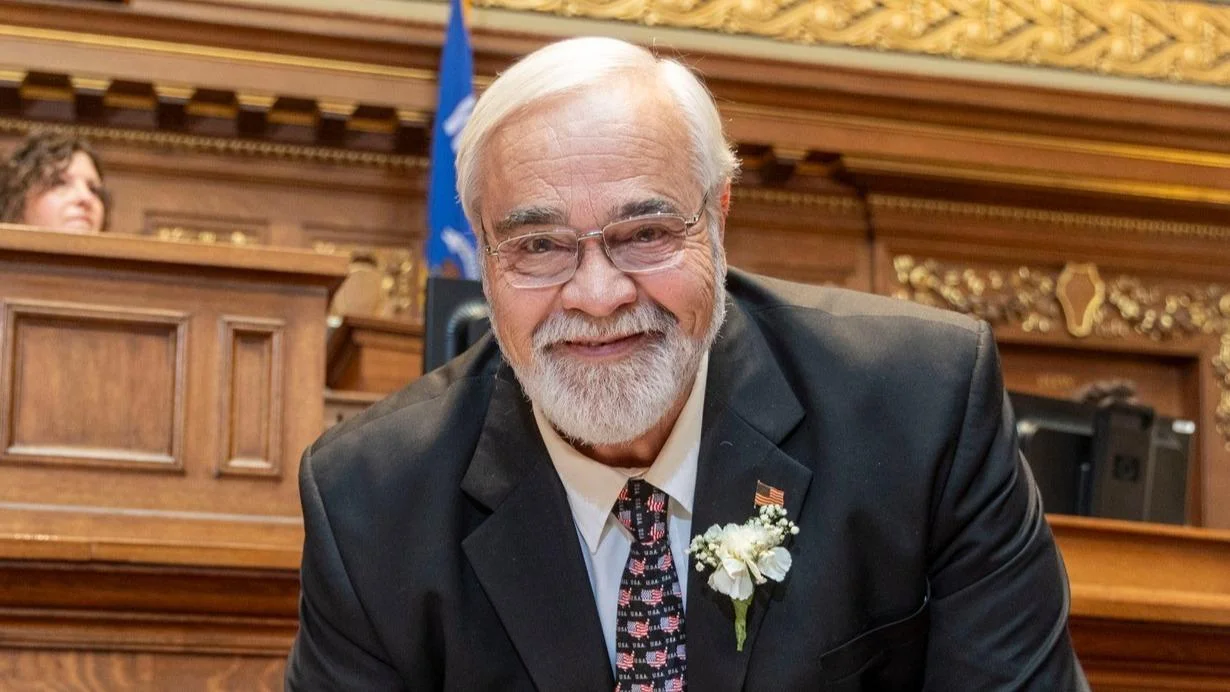Jeffrey Mursau, Wisconsin State Representative of 36th District | Facebook
Jeffrey Mursau, Wisconsin State Representative of 36th District | Facebook
According to the Wisconsin State Legislature's official website, the bill was described as follows: "programs and requirements to address PFAS".
The following is our breakdown, based on the actual bill text, and may include interpretation to clarify its provisions.
In essence, this bill focuses on various programs and requirements concerning perfluoroalkyl and polyfluoroalkyl substances (PFAS) in Wisconsin. It calls for the Department of Natural Resources (DNR) to establish grant programs for testing and mitigating PFAS levels in municipal water systems, nonmunicipal water systems, and privately owned landfills. The bill prohibits DNR from enforcing PFAS remediation unless contamination levels exceed state or federal standards. It creates an "innocent landowner grant program" for those unknowingly affected by PFAS contamination and outlines exemptions from certain liability provisions. The measure also restricts DNR from delaying construction projects due to PFAS concerns unless there is a substantial risk involved. Additionally, it mandates studies on the migration and remediation of PFAS and encourages progress on PFAS testing capabilities. The bill takes effect the day after its publication.
The bill was co-authored by Senator Eric Wimberger (Republican-2nd District), Representative David Armstrong (Republican-67th District), Representative Elijah R. Behnke (Republican-6th District), Representative Benjamin Franklin (Republican-88th District), Representative Chanz J. Green (Republican-74th District). It was co-sponsored by Senator Rachael Cabral-Guevara (Republican-19th District), Senator Mary Felzkowski (Republican-12th District), and Senator Steve L. Nass (Republican-11th District), along 11 other co-sponsors.
Jeffrey Mursau has co-authored or authored another 61 bills since the beginning of the 2025 session, with none of them being enacted.
Mursau, a Republican, was elected to the Wisconsin State Assembly in 2005 to represent the state's 36th Assembly district, replacing previous state representative Lorraine Seratti.
In Wisconsin, the legislative process starts when a senator, constituent, group, or agency proposes an idea for a bill. After drafting, the bill is introduced, numbered, and referred to a committee for review and public input. If approved, it moves through three readings and votes in both the Senate and Assembly. Once both chambers pass the same version, the bill goes to the governor, who can sign it, veto it, or let it become law without a signature. Only a small share of bills introduced each session ultimately become law. You can learn more about the Wisconsin legislative process here.
| Bill Number | Date Introduced | Short Description |
|---|---|---|
| AB131 | 03/13/2025 | Programs and requirements to address PFAS |
| AB130 | 03/13/2025 | Exempting certain persons from PFAS enforcement actions under the spills law. (FE) |
| AB129 | 03/13/2025 | Providing safe drinking water in public and private schools. (FE) |
| AB93 | 02/28/2025 | The distribution and labeling of fertilizers and soil or plant additives produced from manure. (FE) |
| AB49 | 02/17/2025 | A minor’s authority to consent to health care |


 Alerts Sign-up
Alerts Sign-up